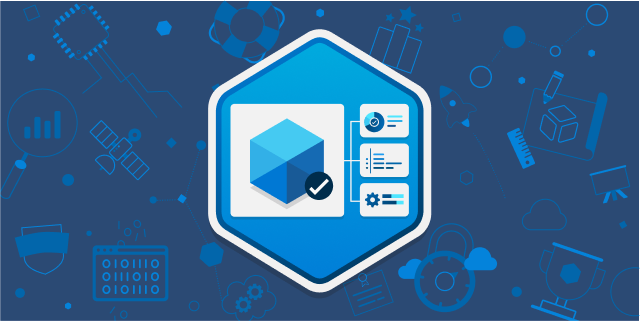Description
Introduction
Java Full stack Development with Azure combines the power of Java programming with the capabilities of Microsoft Azure, enabling developers to create scalable and robust web applications. The fullstack approach involves working on both the frontend and backend components of an application, using frameworks such as Spring Boot for the server-side and popular JavaScript libraries or frameworks like React or Angular for the client-side. Azure provides a comprehensive set of tools and services for deploying, managing, and scaling Java applications in the cloud, enhancing productivity and ensuring high availability.
Prerequisites for Java Full stack
- Java Programming Knowledge: Proficiency in Java, including understanding object-oriented principles and familiarity with Java frameworks (e.g., Spring, Hibernate).
- Web Development Skills: Basic knowledge of HTML, CSS, and JavaScript, along with experience in frontend frameworks like React, Angular, or Vue.js.
- Understanding of RESTful APIs: Familiarity with creating and consuming REST APIs for communication between the frontend and backend.
- Database Knowledge: Basic understanding of relational databases (e.g., MySQL, PostgreSQL) and/or NoSQL databases (e.g., MongoDB).
- Familiarity with Azure: Basic understanding of Azure services, cloud concepts, and experience with Azure Portal for managing resources.
TABLE OF CONTENT
1. Introduction to Java Full stack Development
1.1 Overview of Fullstack Development
1.2 Introduction to Java for Fullstack
1.3 Setting Up the Development Environment
2. Frontend Development with Java
2.1 HTML, CSS, and JavaScript Basics
2.2 Java-based Frontend Frameworks (e.g., Spring Boot, Vaadin)
2.3 Frontend Build Tools and Automation
3. Backend Development with Java
3.1 Introduction to Java Backend Development
3.2 RESTful API Development with Java
3.3 Database Integration and Management
4. Introduction to Azure
4.1 Overview of Microsoft Azure
4.2 Setting Up Azure Accounts and Resources
4.3 Azure Services Overview
5. Cloud Development with Azure and Java
5.1 Deploying Java Applications to Azure
5.2 Integration with Azure Storage (Ref: Azure Data Factory (ADF) and Synapse On-demand Training)
5.3 Azure Functions for Serverless Java
6. Database in the Cloud
6.1 Azure Database Services
6.2 Connecting Java Applications to Azure Databases
6.3 Data Security and Management
7. Authentication and Authorization
7.1 Azure Active Directory Integration
7.2 Securing Java Applications in Azure
7.3 Role-Based Access Control (RBAC)
8. Monitoring and Logging
8.1 Azure Monitoring Tools
8.2 Logging Best Practices in Java
8.3 Application Insights for Java
9. Continuous Integration and Deployment (CI/CD)
9.1 Setting Up CI/CD Pipelines
9.2 Jenkins Integration with Azure
9.3 Deployment Strategies in Azure
10. Scaling and Performance Optimization
10.1 Autoscaling in Azure
10.2 Performance Monitoring and Tuning
10.3 Caching Strategies in Java Applications
11. DevOps Practices for Java Fullstack
11.1 Collaboration and Communication in DevOps
11.2 Infrastructure as Code (IaC)
11.3 Git and Version Control
Conclusion
Java Full stack Development with Azure equips developers with the skills to build comprehensive web applications that leverage cloud computing for scalability and reliability. By mastering both frontend and backend technologies and understanding how to deploy applications on Azure, developers can create innovative solutions that meet modern business requirements. Continuous learning and engagement with community resources will further enhance skills and keep developers updated on the latest advancements in both Java and cloud technologies.







Reviews
There are no reviews yet.